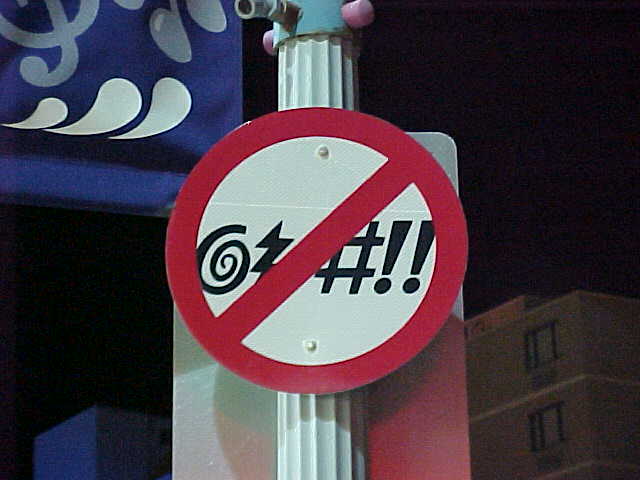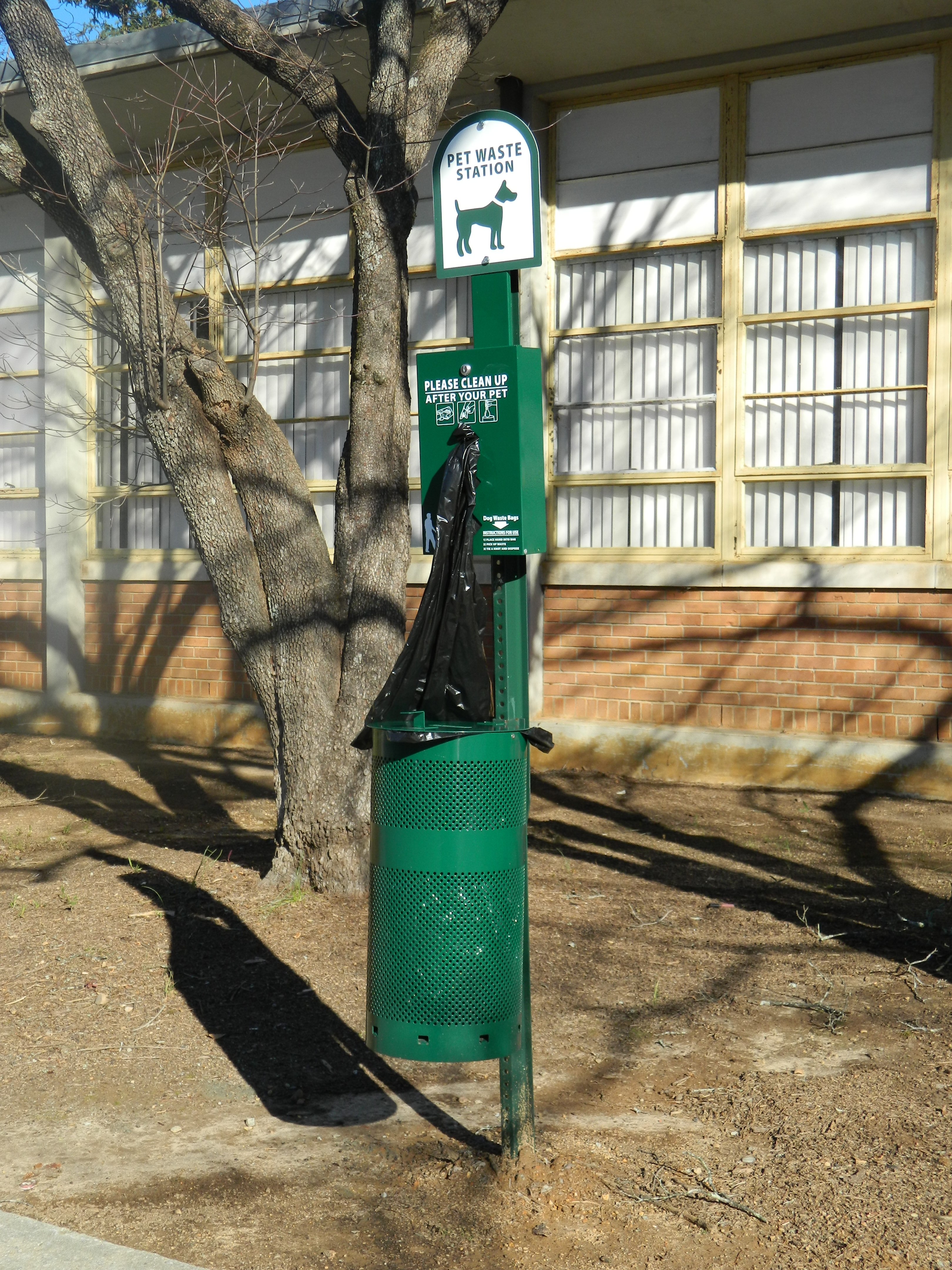|
Shit
''Shit'' is a word considered to be vulgar and profane in Modern English. As a noun, it refers to fecal matter, and as a verb it means to defecate; in the plural ("the shits"), it means diarrhea. ''Shite'' is a common variant in British and Irish English. As a slang term, ''shit'' has many meanings, including: nonsense, foolishness, something of little value or quality, trivial and usually boastful or inaccurate talk or a contemptible person. It could also be used to refer to any other noun in general or as an expression of annoyance, surprise or anger. Etymology The word is likely derived from Old English, having the nouns ''scite'' (dung, attested only in place names) and ''scitte'' (diarrhoea) and the verb ''scītan'' (to defecate, attested only in ''bescītan'', to cover with excrement); eventually it morphed into Middle English ''schītte'' (excrement), ''schyt'' (diarrhoea) and ''shiten'' (to defecate), and it is virtually certain that it was used in some form ... [...More Info...] [...Related Items...] OR: [Wikipedia] [Google] [Baidu] |
Bullshit
''Bullshit'' (also ''bullshite'' or ''bullcrap'') is a common English expletive which may be shortened to the euphemism ''bull'' or the initialism B.S. In British English, "bollocks" is a comparable expletive. It is mostly a slang term and a profanity which means "nonsense", especially as a rebuke in response to communication or actions viewed as deceptive, misleading, disingenuous, unfair or false. As with many expletives, the term can be used as an interjection, or as many other parts of speech, and can carry a wide variety of meanings. A person who excels at communicating nonsense on a given subject is sometimes referred to as a "bullshit artist" instead of a "liar." In philosophy and psychology of cognition the term "bullshit" is sometimes used to specifically refer to statements produced without particular concern of truth, to distinguish from a deliberate, manipulative lie intended to subvert the truth. [...More Info...] [...Related Items...] OR: [Wikipedia] [Google] [Baidu] |
Profanity
Profanity, also known as cursing, cussing, swearing, bad language, foul language, obscenities, expletives or vulgarism, is a socially offensive use of language. Accordingly, profanity is language use that is sometimes deemed impolite, rude, indecent, or culturally offensive; in certain religions, it constitutes sin. It can show a debasement of someone or something, or be considered an expression of strong feeling towards something. Some words may also be used as intensifiers. In its older, more literal sense, "profanity" refers to a lack of respect for things that are held to be sacred, which implies anything inspiring or deserving of reverence, as well as behaviour showing similar disrespect or causing religious offense. Etymology The term ''profane'' originates from classical Latin , literally "before (outside) the temple", meaning 'outside' and meaning 'temple' or 'sanctuary'. The term ''profane'' carried the meaning of either "desecrating what is holy" or "w ... [...More Info...] [...Related Items...] OR: [Wikipedia] [Google] [Baidu] |
Profanity
Profanity, also known as cursing, cussing, swearing, bad language, foul language, obscenities, expletives or vulgarism, is a socially offensive use of language. Accordingly, profanity is language use that is sometimes deemed impolite, rude, indecent, or culturally offensive; in certain religions, it constitutes sin. It can show a debasement of someone or something, or be considered an expression of strong feeling towards something. Some words may also be used as intensifiers. In its older, more literal sense, "profanity" refers to a lack of respect for things that are held to be sacred, which implies anything inspiring or deserving of reverence, as well as behaviour showing similar disrespect or causing religious offense. Etymology The term ''profane'' originates from classical Latin , literally "before (outside) the temple", meaning 'outside' and meaning 'temple' or 'sanctuary'. The term ''profane'' carried the meaning of either "desecrating what is holy" or "w ... [...More Info...] [...Related Items...] OR: [Wikipedia] [Google] [Baidu] |
Euphemism
A euphemism () is an innocuous word or expression used in place of one that is deemed offensive or suggests something unpleasant. Some euphemisms are intended to amuse, while others use bland, inoffensive terms for concepts that the user wishes to downplay. Euphemisms may be used to mask profanity or refer to topics some consider taboo such as disability, sex, excretion, or death in a polite way. Etymology ''Euphemism'' comes from the Greek word () which refers to the use of 'words of good omen'; it is a compound of (), meaning 'good, well', and (), meaning 'prophetic speech; rumour, talk'. '' Eupheme'' is a reference to the female Greek spirit of words of praise and positivity, etc. The term ''euphemism'' itself was used as a euphemism by the ancient Greeks; with the meaning "to keep a holy silence" (speaking well by not speaking at all). Purpose Avoidance Reasons for using euphemisms vary by context and intent. Commonly, euphemisms are used to avoid directly addressing s ... [...More Info...] [...Related Items...] OR: [Wikipedia] [Google] [Baidu] |
Feces
Feces ( or faeces), known colloquially and in slang as poo and poop, are the solid or semi-solid remains of food that was not digested in the small intestine, and has been broken down by bacteria in the large intestine. Feces contain a relatively small amount of metabolic waste products such as bacterially altered bilirubin, and dead epithelial cells from the lining of the gut. Feces are discharged through the anus or cloaca during defecation. Feces can be used as fertilizer or soil conditioner in agriculture. They can also be burned as fuel or dried and used for construction. Some medicinal uses have been found. In the case of human feces, fecal transplants or fecal bacteriotherapy are in use. Urine and feces together are called excreta. Skatole is the principal compound responsible for the unpleasant smell of feces. Characteristics The distinctive odor of feces is due to skatole, and thiols (sulfur-containing compounds), as well as amines and carboxylic ac ... [...More Info...] [...Related Items...] OR: [Wikipedia] [Google] [Baidu] |
Germanic Languages
The Germanic languages are a branch of the Indo-European language family spoken natively by a population of about 515 million people mainly in Europe, North America, Oceania and Southern Africa. The most widely spoken Germanic language, English, is also the world's most widely spoken language with an estimated 2 billion speakers. All Germanic languages are derived from Proto-Germanic, spoken in Iron Age Scandinavia. The West Germanic languages include the three most widely spoken Germanic languages: English with around 360–400 million native speakers; German, with over 100 million native speakers; and Dutch, with 24 million native speakers. Other West Germanic languages include Afrikaans, an offshoot of Dutch, with over 7.1 million native speakers; Low German, considered a separate collection of unstandardized dialects, with roughly 4.35–7.15 million native speakers and probably 6.7–10 million people who can understand it [...More Info...] [...Related Items...] OR: [Wikipedia] [Google] [Baidu] |
English Language
English is a West Germanic language of the Indo-European language family, with its earliest forms spoken by the inhabitants of early medieval England. It is named after the Angles, one of the ancient Germanic peoples that migrated to the island of Great Britain. Existing on a dialect continuum with Scots, and then closest related to the Low Saxon and Frisian languages, English is genealogically West Germanic. However, its vocabulary is also distinctively influenced by dialects of France (about 29% of Modern English words) and Latin (also about 29%), plus some grammar and a small amount of core vocabulary influenced by Old Norse (a North Germanic language). Speakers of English are called Anglophones. The earliest forms of English, collectively known as Old English, evolved from a group of West Germanic ( Ingvaeonic) dialects brought to Great Britain by Anglo-Saxon settlers in the 5th century and further mutated by Norse-speaking Viking settlers starting in the 8t ... [...More Info...] [...Related Items...] OR: [Wikipedia] [Google] [Baidu] |
Defecation
Defecation (or defaecation) follows digestion, and is a necessary process by which organisms eliminate a solid, semisolid, or liquid waste material known as feces from the digestive tract via the anus. The act has a variety of names ranging from the common, like pooping or crapping, to the technical, e.g. bowel movement, to the obscene ('' shitting''), to the euphemistic ("dropping a deuce" or "taking a dump"). The topic, usually avoided among polite company, can become the basis for some potty humour. Humans expel feces with a frequency varying from a few times daily to a few times weekly. Waves of muscular contraction (known as ''peristalsis'') in the walls of the colon move fecal matter through the digestive tract towards the rectum. Undigested food may also be expelled this way, in a process called ''egestion''. When birds defecate, they also expel urine and urates in the same mass, whereas other animals may also urinate at the same time, but spatially separated. Def ... [...More Info...] [...Related Items...] OR: [Wikipedia] [Google] [Baidu] |
Creamed Chipped Beef On Toast
Chipped beef is a form of pressed, salted and dried beef that has been sliced into thin pieces. Some makers smoke the dried beef for more flavor. The modern product consists of small, thin, flexible leaves of partially dried beef, generally sold compressed together in jars or flat in plastic packets. The processed meat producer Hormel once described it as "an air-dried product that is similar to bresaola, but not as tasty." Uses Chipped beef could be used to make frizzled beef (creamed chipped beef or SOS in military slang), or with eggs. Availability Chipped beef is served in many diners and restaurants in the United States as a breakfast item. It is popular among the veteran community who generally refer to it by the dysphemism "Shit On a Shingle"; chipped beef in milk gravy (or "S.O.S.") is a common traditional meal which is served in all branches of the United States Armed Forces due to its reasonable nutritional profile, ease and speed of preparing, and relatively low co ... [...More Info...] [...Related Items...] OR: [Wikipedia] [Google] [Baidu] |
Norwegian Language
Norwegian ( no, norsk, links=no ) is a North Germanic language spoken mainly in Norway, where it is an official language. Along with Swedish and Danish, Norwegian forms a dialect continuum of more or less mutually intelligible local and regional varieties; some Norwegian and Swedish dialects, in particular, are very close. These Scandinavian languages, together with Faroese and Icelandic as well as some extinct languages, constitute the North Germanic languages. Faroese and Icelandic are not mutually intelligible with Norwegian in their spoken form because continental Scandinavian has diverged from them. While the two Germanic languages with the greatest numbers of speakers, English and German, have close similarities with Norwegian, neither is mutually intelligible with it. Norwegian is a descendant of Old Norse, the common language of the Germanic peoples living in Scandinavia during the Viking Age. Today there are two official forms of ''written'' Norwegian, (lit ... [...More Info...] [...Related Items...] OR: [Wikipedia] [Google] [Baidu] |
Ancient Greek
Ancient Greek includes the forms of the Greek language used in ancient Greece and the ancient world from around 1500 BC to 300 BC. It is often roughly divided into the following periods: Mycenaean Greek (), Dark Ages (), the Archaic period (), and the Classical period (). Ancient Greek was the language of Homer and of fifth-century Athenian historians, playwrights, and philosophers. It has contributed many words to English vocabulary and has been a standard subject of study in educational institutions of the Western world since the Renaissance. This article primarily contains information about the Epic and Classical periods of the language. From the Hellenistic period (), Ancient Greek was followed by Koine Greek, which is regarded as a separate historical stage, although its earliest form closely resembles Attic Greek and its latest form approaches Medieval Greek. There were several regional dialects of Ancient Greek, of which Attic Greek developed into Koi ... [...More Info...] [...Related Items...] OR: [Wikipedia] [Google] [Baidu] |
Synonym
A synonym is a word, morpheme, or phrase that means exactly or nearly the same as another word, morpheme, or phrase in a given language. For example, in the English language, the words ''begin'', ''start'', ''commence'', and ''initiate'' are all synonyms of one another: they are ''synonymous''. The standard test for synonymy is substitution: one form can be replaced by another in a sentence without changing its meaning. Words are considered synonymous in only one particular sense: for example, ''long'' and ''extended'' in the context ''long time'' or ''extended time'' are synonymous, but ''long'' cannot be used in the phrase ''extended family''. Synonyms with exactly the same meaning share a seme or denotational sememe, whereas those with inexactly similar meanings share a broader denotational or connotational sememe and thus overlap within a semantic field. The former are sometimes called cognitive synonyms and the latter, near-synonyms, plesionyms or poecilonyms. Lexicograph ... [...More Info...] [...Related Items...] OR: [Wikipedia] [Google] [Baidu] |







